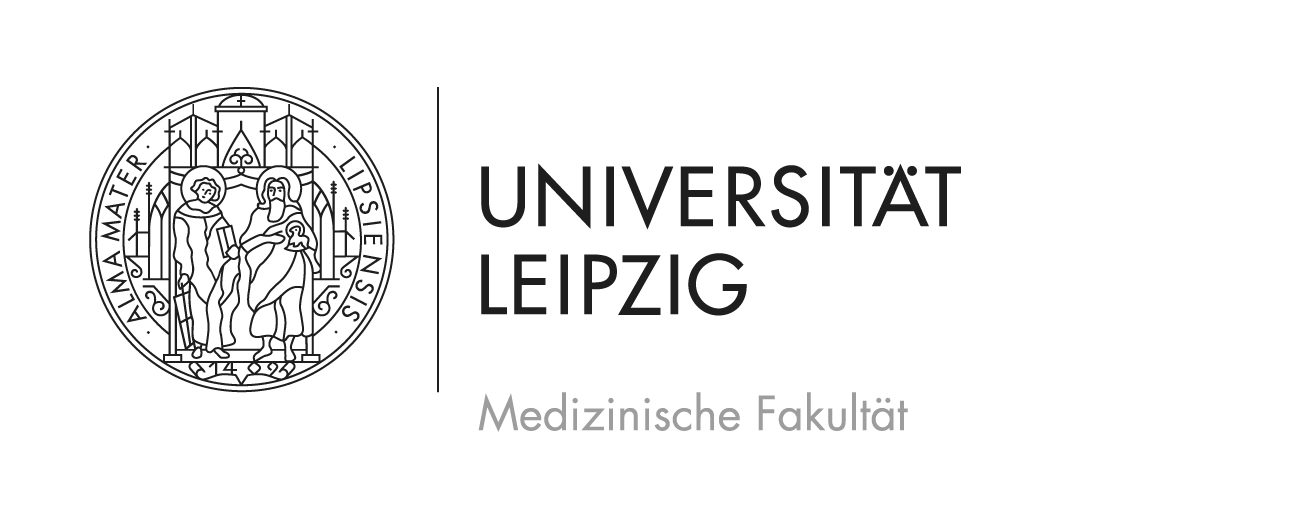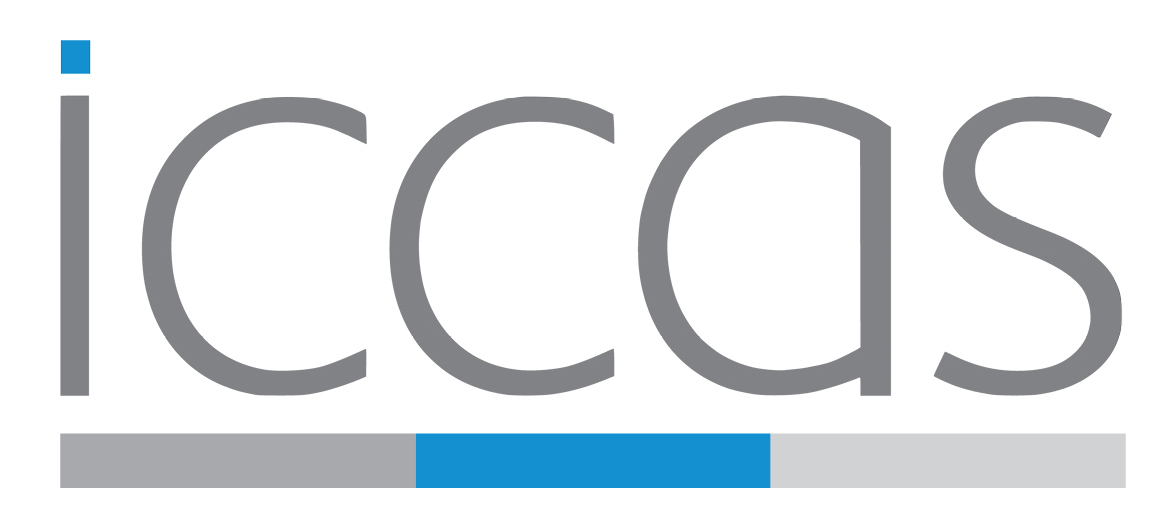15.04.2019
 Image-Guided Focused Ultrasound
Image-Guided Focused Ultrasound
The Image-Guided Focused Ultrasound research unit deals with new image-guided procedures and therapeutic assistance systems in the non-invasive field. The focus is on the use of focused ultrasound (FUS) guided by magnetic resonance imaging (MRgFUS). A number of preclinical and clinical trials are investigating potential applications on various organs. Furthermore, research is being carried out on robot-assisted MRgFUS and interventional techniques in PET/MRI. A further research area is targeted drug delivery and radiation therapy via in vitro cell cultures as well as the investigation of the combined application of radiation therapy and FUS in cancers (Meta-ZIK SONORAY).
15.04.2019
 MR-Guided Interventions
MR-Guided Interventions
Minimally invasive procedures are used for patient-friendly diagnosis and treatment, and are currently primarily performed using X-ray imaging. The MRI-Assisted Interventions research unit deals with the transfer of minimally invasive interventions into the environment of magnetic resonance imaging. In addition to improved soft tissue contrast, advantages include the absence of iodine-containing contrast agents and ionizing radiation. The project work includes developing innovative MR-compatible instruments and researching a suitable medical workflow that takes safety regulations, restricted patient access and communication in the MR environment into account.
17.03.2017
 Model-based Automation
Model-based Automation
Rapid advances in information and communication technologies in the field of medical devices are significantly changing the demands placed on modern surgical workplaces. The Model-based Automation and Integration (MAI) research field involves developing a “smart” operating theater: adapted to the needs of surgeons, its technology can be used effectively thanks to the systems’ compatibility with each other. The goal of this integrated workplace is the qualitative and quantitative improvement of surgical procedures by reducing non-productive secondary work and increasing patient safety through surgical workflow management.
(read more)
15.04.2019
 Digital Patient Model
Digital Patient Model
The growing number of medical examination options and forms of therapy for complex diseases necessitates more patient-specific therapeutic decisions and processes, so as to increase the likelihood of a better clinical outcome. This is complicated significantly by the amount and variety of patient data collected and the fragmented way in which this information is stored, not to mention the variety of treatment options available. The Personalized Medicine research field addresses these problems by modelling therapeutic decision processes and developing decision support systems, patient-specific therapy process models, methods for extracting and structuring relevant information from patient files, and standardized information models.
20.04.2017
 Life Support Systems
Life Support Systems
The Life Support Systems (LSS) research unit investigates innovative, non-invasive methods for diagnosing and monitoring the progression of lung damage, with further organ dysfunctions planned for the future. The current focus is on the further development of electrical impedance tomography (EIT) for the patient-specific visualization of lung function, with a particular emphasis on practicability in emergency situations in and outside of hospitals. The research unit is also concerned with the quantitative analysis of CT scans for the numerical assessment of pulmonary ventilation disorders, which goes beyond the visual evaluation of CT slices. Collaboration with medical technology manufacturers facilitates the transfer of research results into clinical medical devices.




